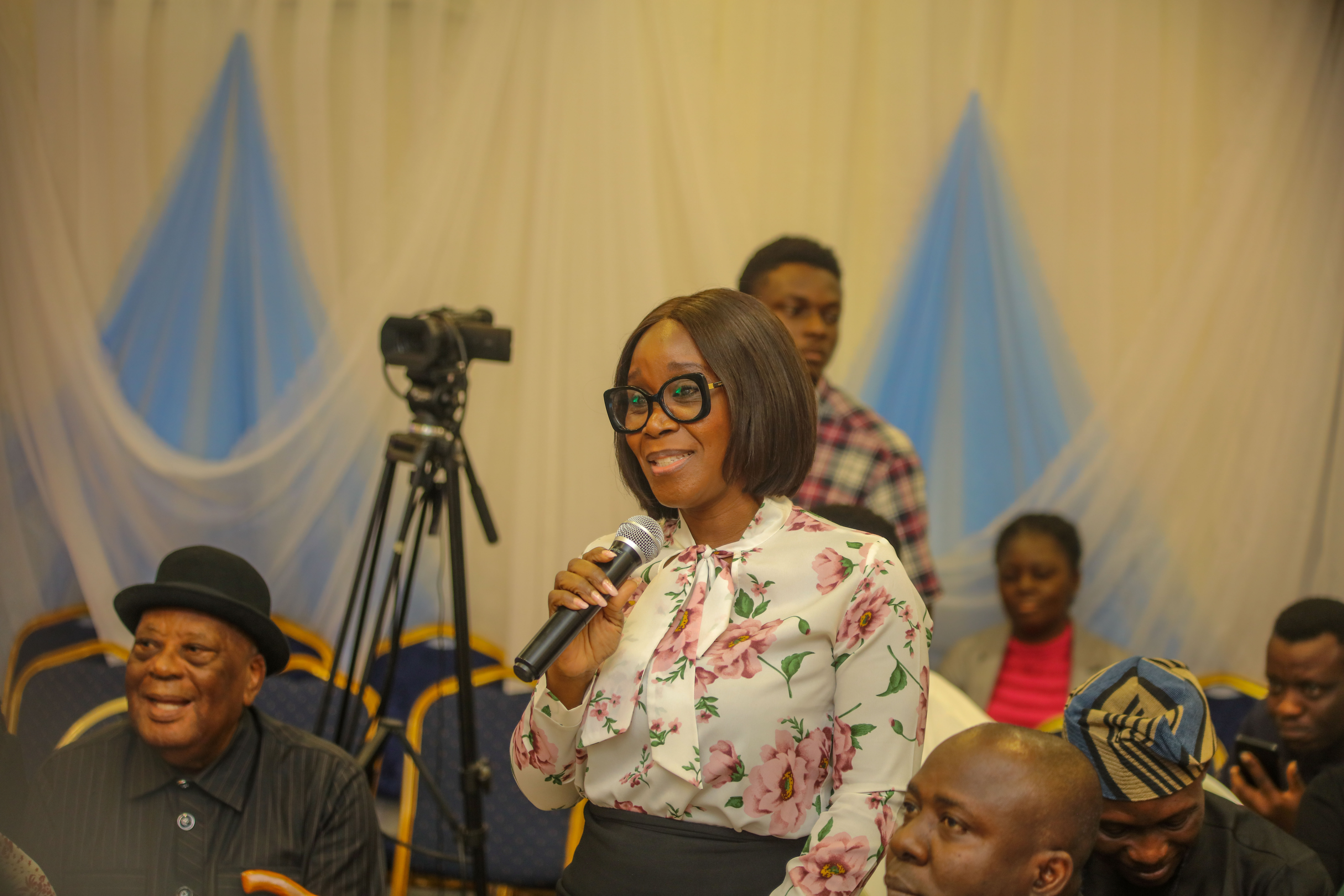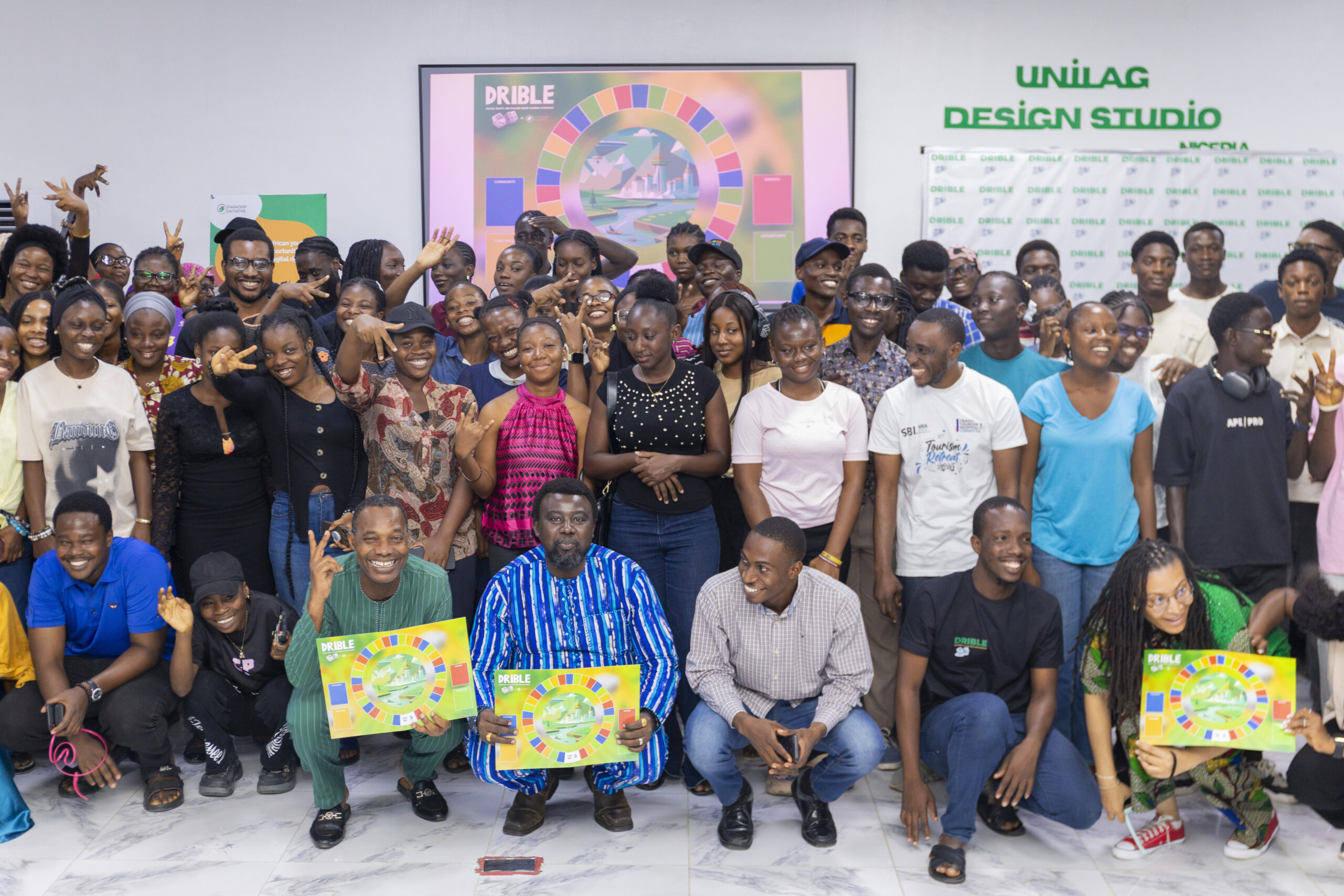Telecom
Danbatta, Ndukwe Applaud Steady Rise of Broadband Penetration

Nigeria’s broadband penetration recorded a quantum lip in the last seven months from November 2021 with a record of Seven Million new subscriptions, indicating a steady rise in the nation’s quest to achieve 70% national coverage by the year 2025.
Prof. Umar Danbatta, executive vice Chairman of the Nigerian Communications Commission, NCC, stated this on Thursday in Lagos, at the launch of a book on the impact of broadband on the economy, said the steady growth in broadband penetration is positively impacting other sectors of the economy such as healthcare, education, agriculture, finance, transportation, commerce, governance, and other sectors.
Danbatta said the sector has impressive statistics as he presented the keynote at the 11th eWorld Forum which featured the launch of a book: “Nigeria Drivers of Digital Prosperity: The Trajectories of the Digital Evolution, Sector Analysis and Players Contributions”, authored by the Convener of the forum, Mr. Aaron Ukodie, a veteran ICT journalist and publisher of eWorld News Online.
“Internet subscribers have grown from 90 million in 2015 to 150.36 million as of May 2022. Also, within the period under review, broadband penetration increased from 8 percent to 43.67 percent, indicating that over 83.3 million subscribers are on broadband networks of 3G and 4G. Indeed, between November 2021 and May 2022, the networks have added 7 million new users,” Danbatta said.
At the event, chaired by Dr. Ernest Ndukwe, former EVC of the NCC and current Chairman of MTN Nigeria, Danbatta, who was represented by NCC’s Head, Spectrum Administration, Abraham Oshadami, informed the audience that in the fourth quarter of 2021, the sector contributed 12.61 percent to the GDP, a reasonable leap from 8.50 percent in 2015. Active mobile voice subscriptions also increased from 151 million in 2015 to over 204 million as of May 2022, while teledensity is 107.17 percent.
On universal access and service, the NCC chief executive said the Commission, through the Universal Service Provision Fund (USPF), has recorded huge successes in ensuring that telecommunications services are accessible to a large number of people (and communities) at affordable prices, in addition to various projects being implemented by the Commission to increase universal access and service as well as to enhance government efforts in poverty reduction.
He said that through the Commission’s Strategic Vision Implementation Plan (SVP) 2021 – 2025, also known as NCC’s 5-Point Agenda of the Commission, a number of steps have been taken toward implementing all the digital economy-oriented policies that require the attention of the Commission, including the Nigerian National Broadband Plan (NNBP) 2020-2025, and the National Digital Economy Policy and Strategy (NDEPS), 2020-2030.
“It is our belief that the communications industry will continue to experience more quantum leaps that will be beneficial to the nation’s economy and its citizens,” the EVC stated.
Dr. Ernest Ndukwe, former EVC of NCC, applauded the progressive steps that the Commission has taken since the solid foundation laid with the transparent auction of 2001 and the Nigerian Communications Act 2003 as an enabling law, thus giving a solid foundation upon which the current strides are being made.
The event was attended by other eminent personalities in the ICT sector, including Dr. Emmanuel Ekuwem, Secretary to the Government of Akwa Ibom State who was President of the Association of Telecom Companies of Nigeria (ATCON); Nkem Uwaje-Begho, Mr. Tim Akano, CEO of New Horizons, who made a presentation on the significance and benefits of 5G services.
Frontline and veteran journalists, other specialised communication professionals in the ICT sector, and many stakeholders in the telecommunication ecosystem also attended the event, and all of them spoke glowingly about Ukodie’s courage and devotion to chronicling landmarks in Nigeria’s telecom history
Telecom
MTN’s ₦31.75Bn Investment in Health Lauded at Arthur Mbanefo Lecture

MTN Foundation has been spotlighted as a model for private sector-driven healthcare development in Nigeria, following commendations at the 6th Arthur Mbanefo Lecture held at the University of Lagos, Akoka.

Themed “A Healthy Nation is a Wealthy Nation: The Role of Impact Investments and Sustainable Financing in Nigeria,” the lecture featured Dr. Tolulope Adewole, Managing Director of NSIA Advanced Medical Services Limited (MedServe), as keynote speaker.
Dr. Adewole praised the Foundation’s strategic investments, noting that MTN commits 1% of its profit after tax annually to development sectors. “They’ve invested ₦31.75 billion, reaching over 32 million Nigerians. Though only 25% went to health, it accounted for 51% of all lives impacted. That’s catalytic,” he said.
He cited MTN’s dialysis centre programme as a transformative intervention for patients with kidney disease, and highlighted community-focused initiatives like the Y’ello Doctor mobile scheme and ‘What Can We Do Together’ (WCWDT) programme, which revitalised 164 Primary Healthcare Centres, including 44 in 2024 alone.
Executive Director of MTN Foundation, Odunayo Sanya, reflected on the COVID-19 pandemic’s exposure of systemic health vulnerabilities. “When COVID hit, we realised a health emergency is also an economic and social emergency,” she said.
Sanya revealed that of the 52 PHCs remodeled in 2024, only one had clean water. “I’m not a doctor, but I know you can’t live a good life without clean water,” she added, reaffirming the Foundation’s commitment to bridging healthcare gaps in underserved communities.
Telecom
PIN to Empower 20 Million Youths with New Digital Rights Board Game

Hundreds of university students across Africa are set to benefit from a new gamified learning experience on digital rights and inclusion launched by the leading pan-African non-profit organisation, Paradigm Initiative (PIN).

The Digital Rights and Inclusion Board Learning Experience (DRIBLE) is a game developed by Paradigm Initiative with support from the Open Society Foundations (OSF). The custom-designed board game provides young individuals with a fun and engaging entry point into digital rights and inclusion conversations, training sessions and storytelling tools.
The board game aims to build digital literacy, deepen understanding of online safety, and introduce young individuals to the organisation’s tools of impact. Currently being piloted in three universities: University of Lagos, Nigeria, the Catholic University of Eastern Africa (CUEA) in Nairobi, Kenya and the Dakar American University of Science and Technology (DAUST) in Dakar, Senegal, it will enhance interactions and create a holistic experience.
Speaking at the event launch at the University of Lagos, Nigeria, ‘Gbenga Sesan, Paradigm Initiative’s Executive Director, said: “PIN’s vision is to reach 20 million people through our Digital Inclusion and Digital Rights interventions. From Lagos, to Dakar, to Nairobi.. we will use the vehicle of our new Digital Rights and Inclusion Board Learning Experience (DRIBLE) which entails using gamification, training, multimedia materials, tools and other interventions to connect African youth with digital opportunities and protect their digital rights.”
‘Gbenga gave the keynote address on “Digital inclusion at PIN, our Past, Present and Future” and Nnenna Paul-Ugochukwu, the organisation’s Chief Operating Officer, said the goal of the learning experience would be instrumental in raising awareness of digital rights among the youth, building their capacity to address digital rights and inclusion issues in their communities. Prof. Olunifesi Adekunle Suraj shared a goodwill message with the students and other stakeholders.
Paradigm Initiative, which has been operational since 2007, started in a tiny cybercafe in Ajegunle, Lagos, Nigeria. Today, the organisation has expanded its wings to cover six African countries; Cameroon, Kenya, Nigeria, Senegal, Zambia and Zimbabwe, impacting the livelihoods of over 150,000 young Africans.
The launch of DRIBLE builds on the progress the organisation has made over the years in tackling the challenge of digital exclusion across Africa.
Paradigm Initiative’s tools of impact include Ripoti, a platform that enables individuals to report digital rights violations, Ayeta, a platform that provides digital security resources for stakeholders, more so human rights activists, defenders, journalists and other vulnerable groups, and the organisation’s latest short film, Whispers in the Wires.
Targeted at students, PIN rolled out a Campus Tour in the three universities on the continent starting July 15th, 2025.
Telecom
Meta Cracks Down on Fake Accounts, Deletes 10m Profiles

Meta, the parent company of Facebook, has intensified its crackdown on fake accounts and spam, announcing it removed over 10 million fake profiles and roughly 500,000 spam accounts in the first half of 2025.

The sweeping purge is part of Meta’s broader effort to combat impersonation, fake engagement, and content duplication, aiming to elevate authentic creators and improve the quality of content across its platforms.
In a blog post, Meta said: “We’re making progress. In the first half of 2025, we took action on around 500,000 accounts engaged in spammy behaviour or fake engagement. We also removed about 10 million profiles impersonating large content producers.”
Meta stressed that accounts which primarily repost or recycle content without meaningful edits will face penalties such as reduced reach and the loss of monetisation tools.
The company also warned that repeatedly sharing unoriginal content — whether videos, photos, or text — undermines the platform’s integrity by crowding out genuine voices and making it harder for new creators to grow.
To support authentic creators, Meta is rolling out new tools that automatically trace reposted content back to its original source. The company says this will help ensure rightful credit and give higher visibility to original posts.
“Pages and profiles that post mostly original content tend to enjoy wider distribution across Facebook. Simply stitching clips together or adding a watermark will no longer count as meaningful editing. Content that provides real value and tells an authentic story is likely to perform better,” Meta explained.
Creators are also being cautioned against uploading content that includes watermarks from other platforms. Such posts could see their reach restricted or lose monetisation privileges altogether.
As part of its latest update, Meta introduced post-level insights on the Professional Dashboard, allowing creators to monitor how individual posts perform. They can also check their Support Home screen to see if their content or earnings are facing restrictions.
In a parallel development, Google’s YouTube updated its monetisation guidelines, stating that content deemed mass-produced or excessively repetitive will no longer qualify for ad revenue. The announcement initially sparked concern among creators, who feared it was a blanket ban on AI-generated content. YouTube later clarified:
“We welcome creators using AI tools to enhance their storytelling, and channels that use AI in their content remain eligible to monetise.”
Both tech giants say these new policies are aimed at raising content standards and safeguarding genuine creators in a crowded and rapidly evolving digital landscape.

 Telecom3 days ago
Telecom3 days agoNCC Introduces N10m Licence Fee for Bulk SMS Service

 Telecom3 days ago
Telecom3 days agoMTN Nigeria Targets $1Bn Cloud Market with Largest Modular Data Centre

 General News3 days ago
General News3 days agoWoodhall Capital and Partners Launch ₦1.5Bn Fund

 E-Business3 days ago
E-Business3 days agoFirm Highlights Top Risks of Quantum Computing

 E-Financial2 days ago
E-Financial2 days agoZenith Banks Leads as 8 Banks Suffer N156Bn Impairment Charges

 Telecom3 days ago
Telecom3 days agoPAT Taps Osi as CEO

 General News3 days ago
General News3 days agoBurna Boy Distances Himself from Meme Coin, Labels Crypto as Fraud

 E-Financial3 days ago
E-Financial3 days agoAfrica Launches PAPSSCARD, First Pan-African Card Scheme






















